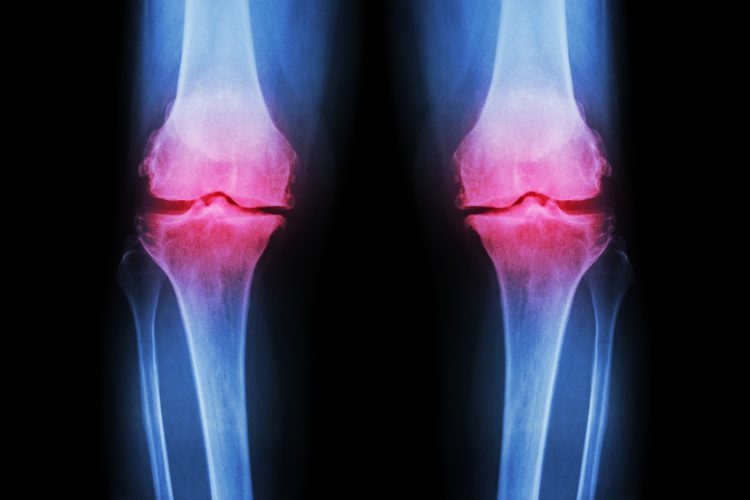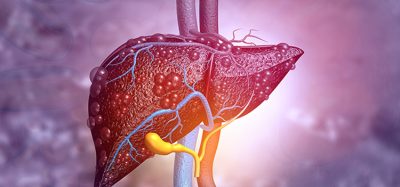Combatting osteoarthritis with cartilage replacement therapy
Posted: 1 March 2024 | Drug Target Review | No comments yet
Limb bud progenitor cells efficiently generated new cartilage in osteoarthritis patients, which could lead to cartilage replacement therapy.

Researchers from Sichuan University have found that limb bud progenitor cells have a naturally high intrinsic capacity to make cartilage, which has implications for cartilage regeneration in osteoarthritis (OA) patients.
OA, a debilitating joint disease which affects over 500 million people worldwide, is caused by progressive, irreversible degeneration of joint cartilage. This results in pain, swelling and immobility, which can be relieved by current therapies, but they cannot restore degenerated cartilage.
A potential alternative treatment for OA is the regeneration of cartilage from stem cells. However, not all types of stem cells can make cartilage and earlier clinical trials with mesenchymal stem or stromal cells (MSCs) did not convincingly demonstrate that MSCs make new cartilage when given to OA patients.
In the new study, the researchers investigated limb bud progenitor cells. These cells, during vertebrate embryogenesis, differentiate into limb cartilage, bone, and tendon, suggesting that this type of stem cell has a naturally high intrinsic capacity to make cartilage. The researchers used genetic tools to isolate limb bud progenitors from developing mouse embryos. Notably, when injected into knee joints of mice with OA, the limb bud progenitor cells efficiently generated new cartilage. MSCs given to a separate group of mice failed to do so.
Although limb bud progenitors show promising results, they are not readily obtainable from humans. To overcome this, the scientists grew a high number of human pluripotent stem cells (hPSCs) in the lab, and after extensive protocol optimisation, they obtained hPSCs-derived limb bud progenitors. According to the gene and protein expression, these closely resembled their embryonic counterparts. The hPSC-derived limb bud progenitors also made new cartilage when transplanted into the knees of OA mice.
Further research in animal models is needed to confirm and replicate these results, but this study could lead to cartilage replacement therapy for patients with OA.
This study was published in Stem Cell Reports.
Related topics
Regenerative Medicine, Stem Cells
Related conditions
Osteoarthritis
Related organisations
Sichuan University







